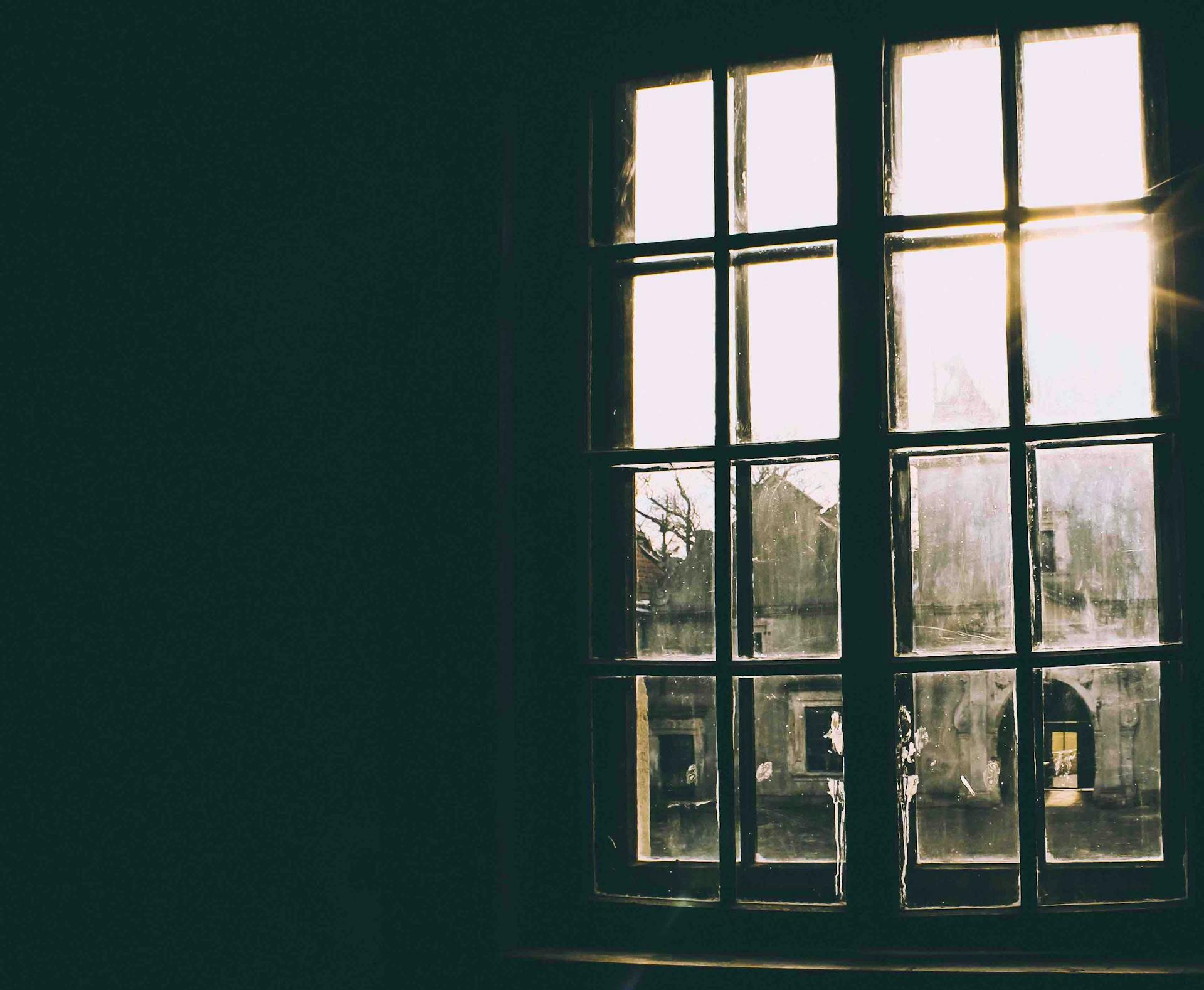Seasonal Affective Disorder, Cold Mornings, Brexit... What’s Draining You?
updated on Oct 29, 2019

A recent poll of over 2,000 adults revealed their top 40 energy saps. Endlessly terrible weather, cold mornings, lack of daylight and Brexit all make the top 10
Learning to negotiate darker evenings and colder days can be difficult for many who miss the light and freedom the summer and early autumn affords. The inevitable changes the shift in season brings can be more than irritating for some, affecting sleep, mood, energy levels, as well as the ability to socialise and engage with others.
A OnePoll survey of 2,000 adults carried out by Healthspan, found that nearly half of those surveyed said that they were “drained all the time from December onwards” with 20% holding the belief that their tiredness and lack of energy affects their personal relationships. Amazingly, 30% of respondents suspect they suffer from SAD (Seasonal Affective Disorder).
Psychologist Dr Meg Arrol explains, “SAD is due to the lack of natural light in winter, which can play havoc with our innate sleep-wake cycle (the circadian rhythm), leading to poor quality sleep, fatigue and daytime sleepiness.
“This study shows what a big problem this can be for Brits, as the rates in this survey are notably higher than in other reports. This may be because there are now so many factors in modern life that drain us of energy.”
The first step you need to take is to speak to someone. It might be a good idea to make an appointment with your GP and explain how you are feeling.
Counselling Directory Member, Lindsay George, believes that the key to managing SAD is reaching out to a professional for support; “The first step you need to take is to speak to someone. It might be a good idea to make an appointment with your GP and explain how you are feeling.
“They will want to know how long you have felt like this and whether there is a correlation to the weather, your lifestyle and personal circumstances, in order to identify whether you have SAD or depression, or if there is something else going on.”
Brexit blues
While “endlessly terrible weather” was the top of the list of energy drains, Brexit sits firmly in second position. With the prospect of an election, and the recent ‘flextension’ possibly extending proceedings until the end of January 2020, the subject that divides the nation will not be disappearing off our collective radar any time soon.
Two thirds of those who were surveyed believe the current news agenda around Brexit and British politics is draining them
Two thirds of those who were surveyed believe the current news agenda around Brexit and British politics is draining them, with 32% avoiding watching the news altogether in order to protect their personal energy.
Dr Antoni Kousoulis, from Mental Health England, wrote about Brexit Anxiety for Happiful earlier this year. He explained that while the negotiations and uncertainty is having an impact on the nation, there are steps individuals can take to mitigate this, including staying informed (but knowing your limits), getting involved with your community, and using your voice.
Stress inequality, he shared, is another factor we need to consider and provide support, or seek further help appropriately. “As with everything in mental health, we shouldn’t expect that Brexit anxiety is affecting everyone equally.
“Non-British citizens, ethnic and religious minorities, people working in sectors most directly affected by European contracts and funding, and people with existing mental health or other long-term problems - to name a few - have been disproportionately affected.”
Mental Health England provide further information and support for managing mental health through Brexit and periods of political change.
Protecting and enhancing your energy
The OnePoll survey, however, showed that the public is aware of the impact of stressors and the change of seasons on the energy levels, with 43% of respondents stating that they drink more water to help and 37% heading to bed earlier for all important rest.
According to Dr Sarah Brewer, Medical Director at Healthspan, looking at Vitamin D levels is important too and talking to a GP about this, taking a supplement and eating foods rich in the vitamin can really help.
“With the clocks going back and nights drawing in, many people's reserves of Vitamin D are at an all time low,” Dr Sara Brewer adds. “The National Diet and Nutrition Survey (NDNS) shows that more than 40% of Brits are lacking this nutrient during the winter and low levels can contribute to tiredness and fatigue.”
According to psychologist, Dr Meg Arroll, there are also lifestyle changes that can support energy levels over the winter.
These include:
- Using long dark evenings to reconnect with friends - even if this is from the comfort of your own home, on the phone. This will help to engage your mental synapses which can improve your mood.
- Using the cold as a mental ice blast - move away from the central heating, wrap up and take a walk in the cold air for a sense of stimulation and reinvigoration.
- Mix it up - eat a range of foods and make sure that your mental stimulation is just as diverse. Read, watch, or do something different to the norm - the mind needs variety, so feed it well this winter.
- Declutter your mind - get thoughts out of your head and onto paper. This helps to create capacity for more creative thinking.
- Make light a priority - spending at least half an hour outdoors in the morning, can help to regulate melatonin and serotonin.
Photo by Olya /Voloshka on Unsplash

